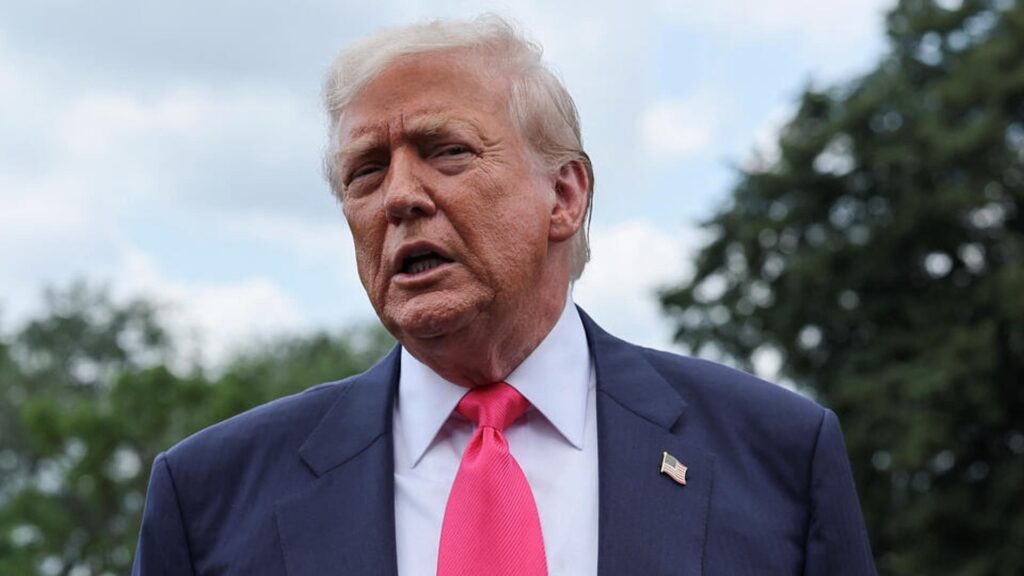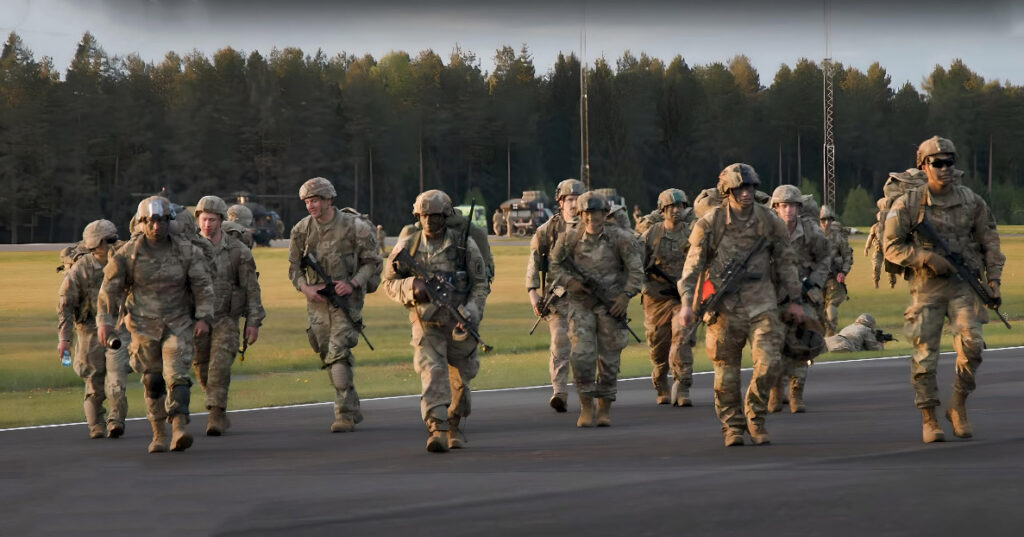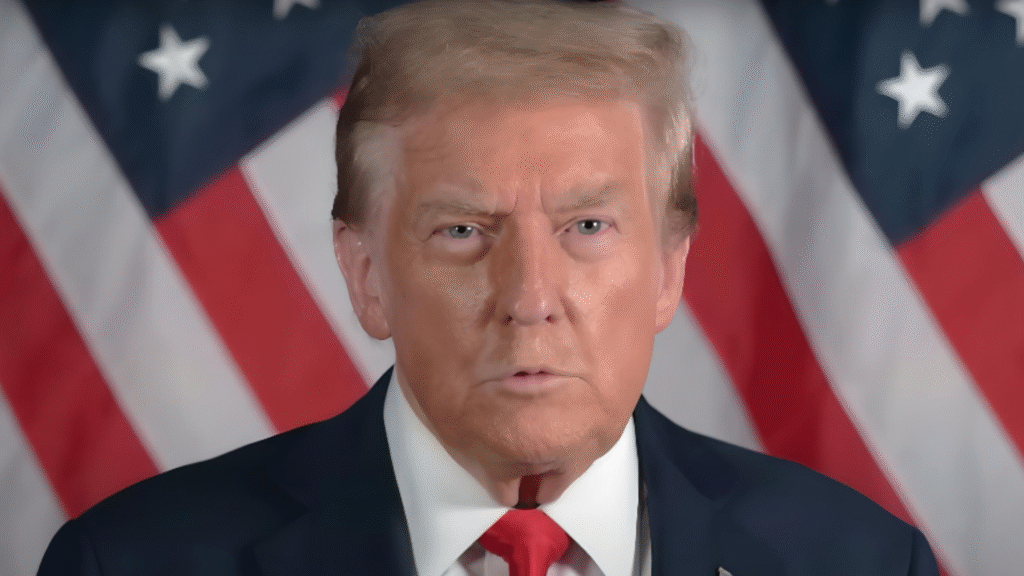Washington, July 2025 — In a renewed effort to increase international pressure on Moscow and curb its ability to fund its ongoing war effort, former U.S. President Donald Trump, currently leading his presidential campaign, has expressed support for a plan to impose 100% tariffs on countries that continue to purchase Russian oil. The announcement was made by Senator Lindsey Graham during an interview with ABC News.
According to Graham, the proposed measure aims to severely restrict the flow of revenue to the Russian economy—particularly profits used to sustain military operations in Ukraine. The initiative specifically targets China and India, which together account for roughly 70% of Russia’s oil exports.
A bipartisan bill, backed by 84 senators, would provide the White House with the authority to implement these tariffs as a strategic tool to pressure Russia into meaningful negotiations. Graham emphasized that the bill is not designed to provoke confrontation with trade partners but rather to help bring an end to what he called “one of the most devastating conflicts in Europe since World War II.”
The move reflects growing concern in the U.S. and globally about the prolonged instability in Ukraine, including rising energy and food prices, as well as the potential for the conflict to escalate further. The proposed tariffs aim to shift the economic calculus for countries that continue to support Russian energy exports, despite widespread diplomatic isolation of the Kremlin.
Russian officials have responded by asserting that such measures will not deter Moscow’s foreign policy or military objectives. The Kremlin insists that it has successfully reoriented its energy exports toward Asia and continues to deepen its trade ties beyond traditional markets. However, experts suggest that added pressure on major buyers could disrupt these strategies and make Russian oil increasingly unattractive.
Some analysts warn that such sweeping tariff measures could provoke economic retaliation, particularly from Beijing and New Delhi. Still, advocates of the policy argue that the risks are justified if they accelerate the end of the conflict and deprive Moscow of a crucial source of funding.
Amid a protracted war in Eastern Europe and rising global tensions, economic leverage has once again become a central theme in diplomatic strategy. The proposed tariffs could mark a major step in a broader campaign to isolate Russia and restore stability to the international order.



